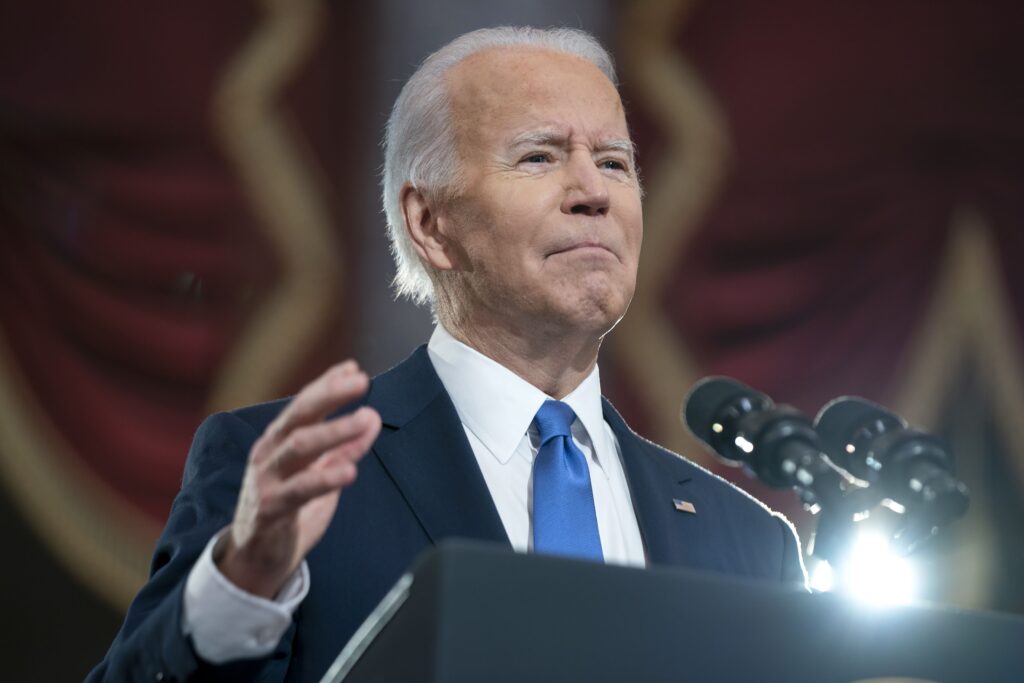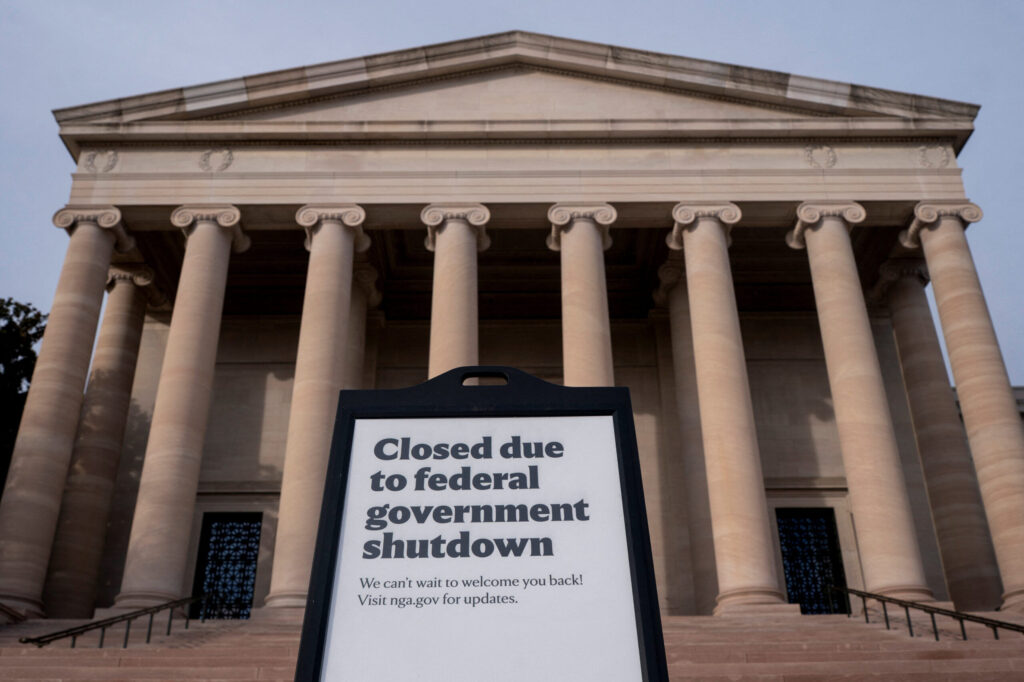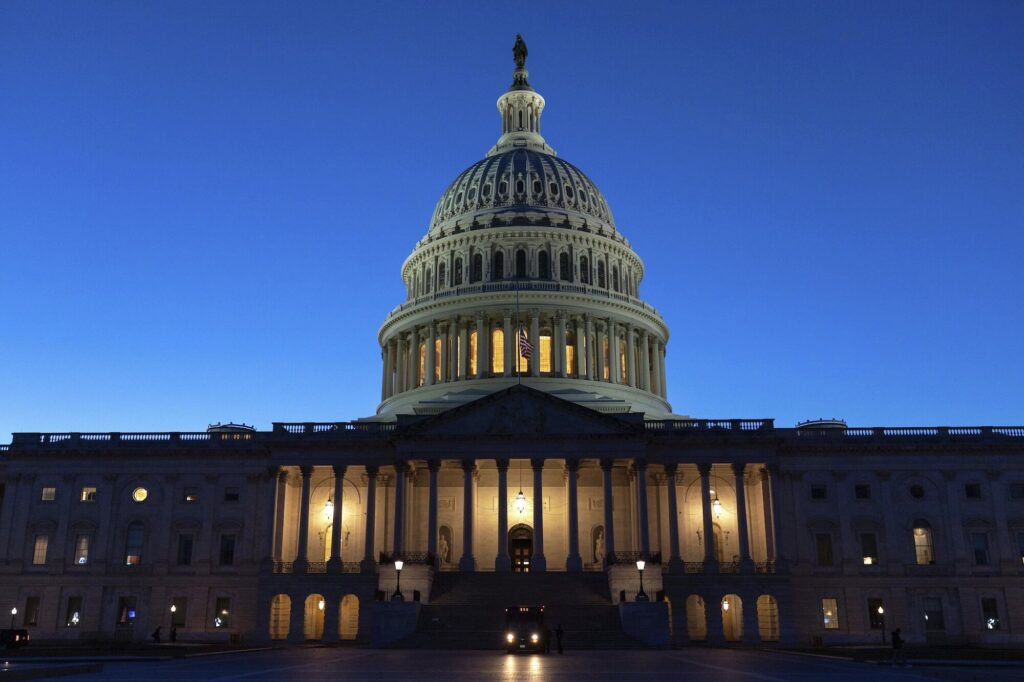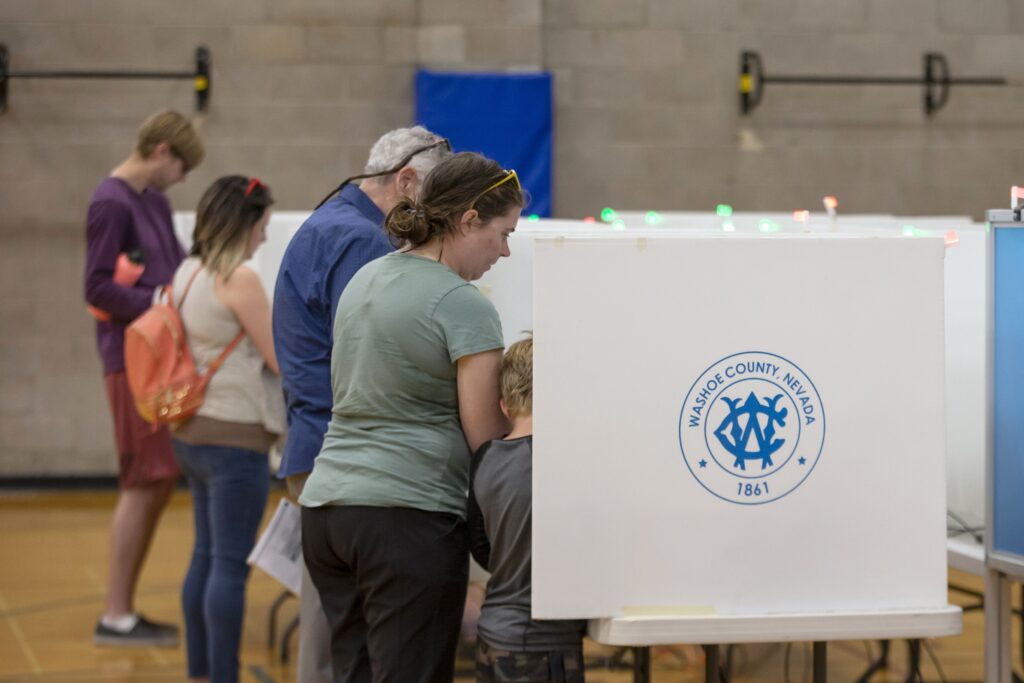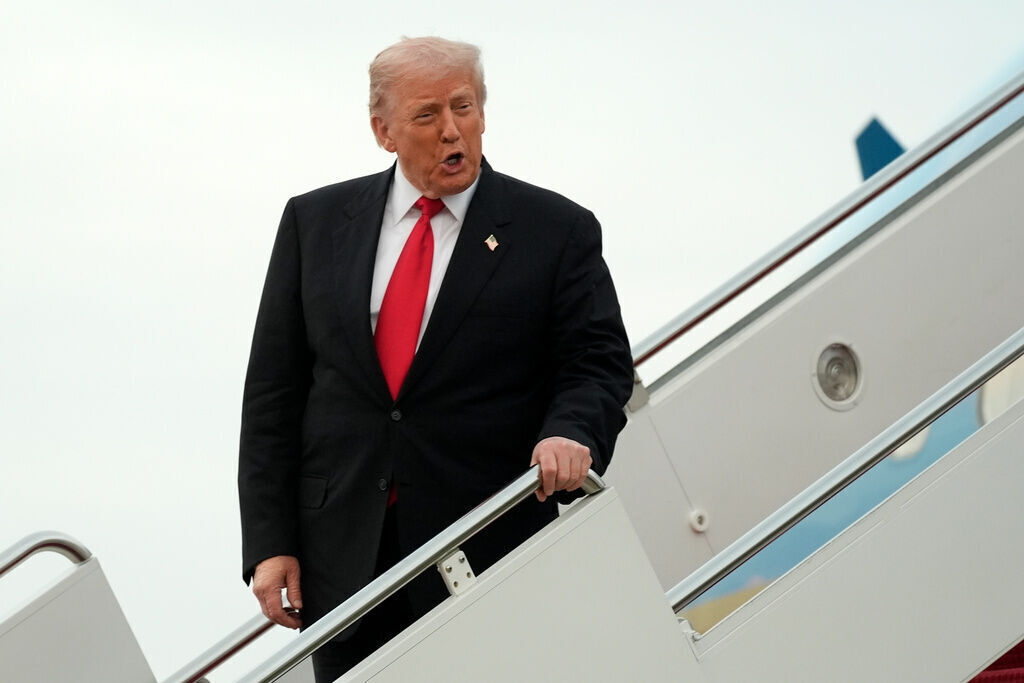University of Colorado considers concealed carry firearms ban
The University of Colorado’s governing board on Tuesday began discussing a proposal to ban weapons that are lawfully carried concealed, even as state Democratic lawmakers are also considering prohibiting them in “sensitive” places, such as parks and higher education buildings.
While the proposed change cannot be voted on until the board of regents’ June meeting, battle lines have expectedly already formed, with critics insisting that such a policy would turn Colorado’s campuses into “soft targets” with little defense against criminals, while supporters insist guns have no place in an academic environment.
A similar debate is unfolding at Colorado’s state Capitol, where Democrats are pushing for gun restrictions on multiple fronts, including a proposal to ban “assault” weapons — defined in the legislation as 13 different types of weapons that include Uzis, Thompson, AK and AR-type guns.
The looming debate at the University of Colorado is more specific — whether to prohibit guns on campus even for people who have obtained concealed carry permits.
Enacted in 2003, Colorado’s Concealed Carry Act allows concealed carry of firearms in most places and declares that regulating it is a matter of statewide concern, adding it’s necessary to provide “uniform standards” for issuing permits amid “widespread inconsistency among jurisdictions.”
It’s not the first time that university regents have tried to ban weapons on campuses. In 1994, the regents prohibited the possession of firearms on campuses, with few exemptions, such as police officers. The university justified the ban by saying possessing guns is “inconsistent” with the university’s academic mission; that it “threatens the tranquility of the educational environment in an intimidating way;” and that it “contributes in an offensive manner to an unacceptable climate of violence.
A group of students sued, and in 2012, the Colorado Supreme Court sided with the plaintiffs, noting that the law’s “comprehensive statewide purpose, broad language, and narrow exclusions show that the General Assembly intended to divest the Board of Regents of its authority to regulate concealed handgun possession on campus.”
A change in the political environment at the state Capitol — specifically Democrats securing all levers of power — resulted in a 2021 law that allows local governments to enact ordinances or regulations that govern or prohibit the sale, transfer or possession of guns and ammunitions.
The new law also permits the governing board of higher education institutions to regulate or prohibit carrying a concealed handgun in specific areas.
Regent Wanda James, the proposal’s proponent, said that, at almost every meeting she has attended since becoming a regent in January last year, students, faculty members and staffers have pressed for a ban on concealed carry weapons.
“It is difficult for me as a regent to sit down and see so many people asking us to make changes in their house and then not at least having the conversation to make changes,” said James.
While she called herself a “staunch Second Amendment supporter,” she said, “If there is any place where we should be able to agree that we don’t need the presence of guns, it’s in higher education.”
“In recognition of its obligation to preserve the learning and working environment,” says the proposed policy, “the Board of Regents prohibits possession of concealed firearms, even if allowed by state statute, on all campuses, and authorizes the enactment of additional rules lawfully regulating the possession of firearms, explosives, and other weapons.”
Other Colorado university systems have adopted slightly different policies.
Colorado State University’s weapons policy, for example, allows concealed handguns for those who have obtained the permit but prohibits them in residence halls, CSU apartments, health network facilities or residence dining centers.
Colorado School of Mines allows concealed carry weapons.
University of Denver prohibits the use, possession and storage of weapons on campus “even if the individual possesses a federal or state license to carry or possess the weapon.”
James’ push is occurring as the Colorado General Assembly is considering Senate Bill 24-131, which would prohibit carrying firearms in “sensitive spaces,” including public parks and playgrounds, hospitals, stadiums, public libraries and higher education campuses. Under that proposal, a violation means a $250 fine, and a subsequent offense raises that penalty to $1,000.
Ian Escalante, the director of operations with Rocky Mountain Gun Owners (RMGO), said his organization is “adamantly against” the policy change — and the state bill and will oppose moves to get rid of gun rights on campuses and elsewhere.
If the CU system adopts the proposed policy, it would open itself up to more gun violence, Escalante said.
He referenced the mass shooting on the Michigan State University campus in February last year, saying the shooter “walked into a school with a bunch of soft targets who that shooter knew would be defenseless.”
And, insofar as the state bill seeking to prohibit guns in “sensitive” places, RMGO “will be filing a lawsuit” against it, assuming it passes in its current form.
Chase Cromwell, the external affairs student body president for CU Boulder, insisted there is no evidence showing that allowing concealed carry makes campuses safer. He said many other college campuses and states have also passed laws banning concealed weapons on campuses.
“We’re making a pretty simply case that guns, and certainly handguns and small personal firearms, don’t have a place in our learning environment,” Cromwell said. “We can point to instances where professors and instructors have changed how they’ve had discussions in their classrooms about certain topics because they know, and students have made it known, that they’re carrying in the classroom.”



